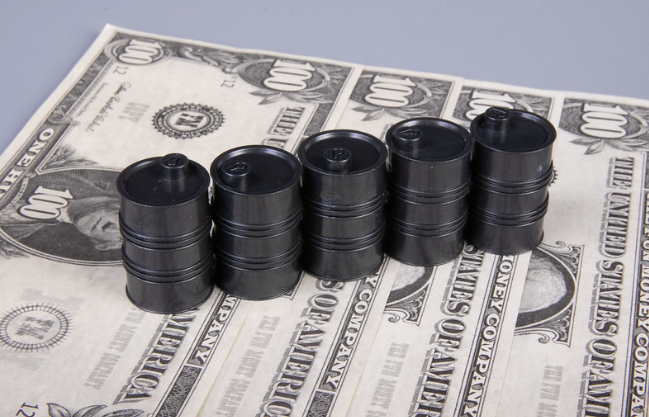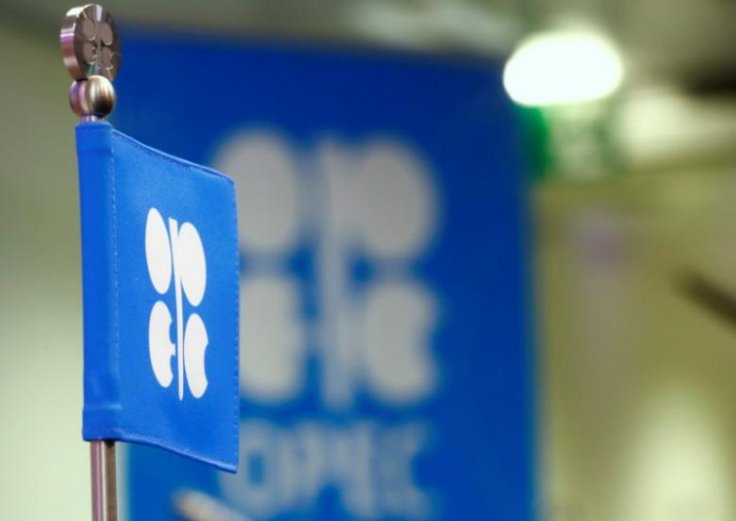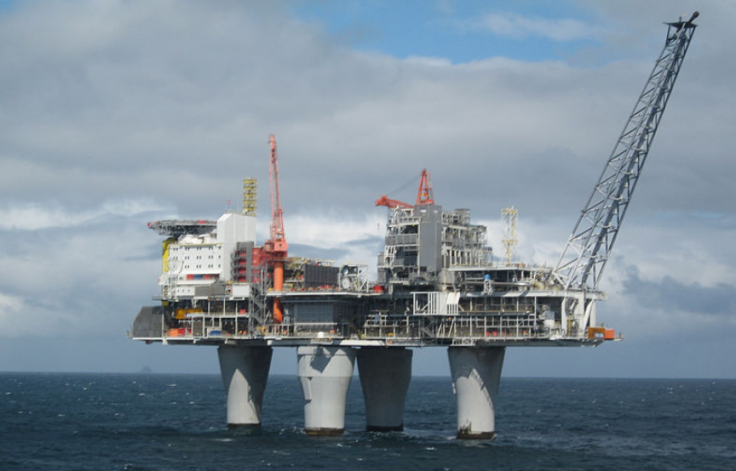Crude oil prices will likely rise above $100 a barrel by the middle of this year, according to analysts at Goldman Sachs. This will happen due to the twin factors rising demand from China and an expected production slump in Russia. Oil currently trades at the $80 levels.
"Right now, we're still balanced to a surplus because China has still yet to fully rebound ... Are we going to run out of spare production capacity? Potentially by 2024 you start to have a serious problem," said analyst Jeffrey Currie, according to Bloomberg.

While western sanctions against Russia will reduce global output, the Chinese opening up will boost demand, creating a supply crisis in 2024, added the analyst. By May this year, the oil markets would 'flip to a deficit of supply compared to demand', the expert said.
Long-Term Crisis
The analyst said another long-term crisis awaiting the oil market is the falling level of investment. The current level of investment in the industry is not enough to secure output increase in tandem with the rise in demand. This forces producers to use spare capacity in the interim, resulting in the drying up of spare inventory in the long term.
"The commodity super cycle is a sequence of price spikes with each high higher and each low higher," Currie expalined.
OPEC Move Awaited
Meanwhile, the OPEC cartel is likely to lift its production targets and quotas, Oilprice.com reported. The producers' cartel is watching the resurgence in Chinese economy and the upward pressure it is exerting on the oil market.

"If demand goes up very strongly, if the Chinese economy rebounds, then there will be a need, in my view, for the OPEC+ countries to look at their (output) policies," the IEA's Executive Director Fatih Birol said.
Output Cuts
In October last year,the OPEC+ alliance slashed its members' oil production by 2 million barrels per day, taking a far more aggressive measure. The expectation was that there would be a one million barrel per day production cut, but the cartel adopted an aggressive line to protect the prices and thereby bolster their national budgets.
The International Energy Agency warned that the Opec+ cartel's decision to lower output will push the world economy into a recession. "With unrelenting inflationary pressures and interest rate hikes taking their toll, higher oil prices may prove the tipping point for a global economy already on the brink of recession," IEA said.

According to Oilprice.com, Saudi Arabia is closely monitoring the need for an output increase.
"All of those so-called sanctions, embargoes, lack of investments, they will convolute into one thing and one thing only, a lack of energy supplies of all kinds when they are most needed," said Saudi Arabia's energy minister Prince Abdulaziz bin Salman. The minister warned that the Western sanctions against Russia have had a negative impact on the global market.








